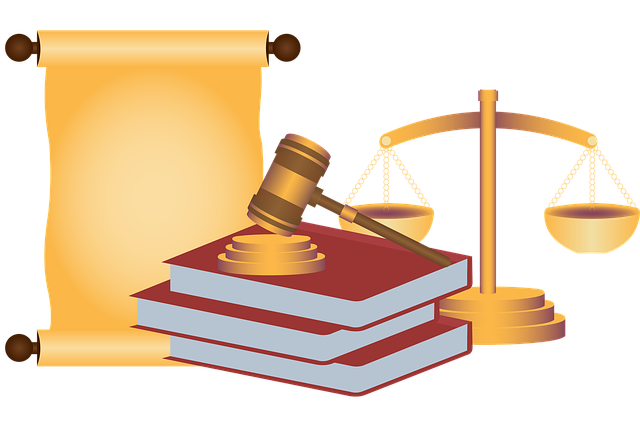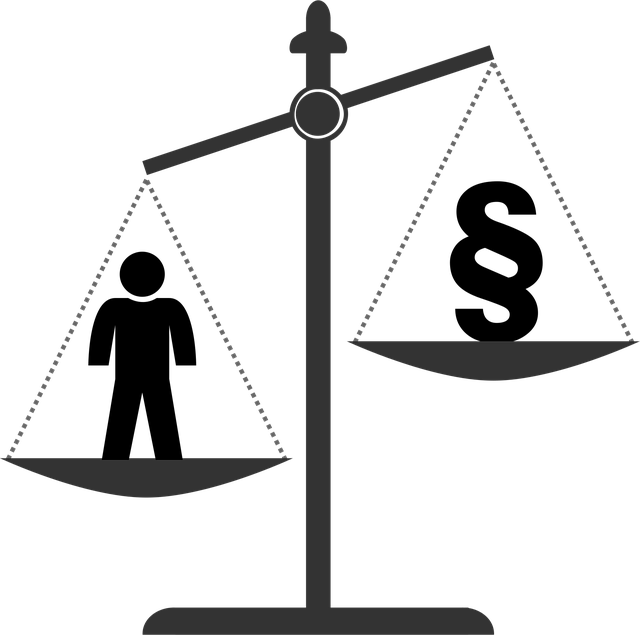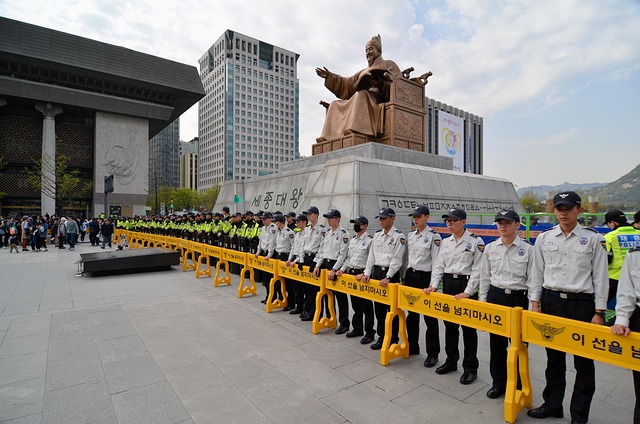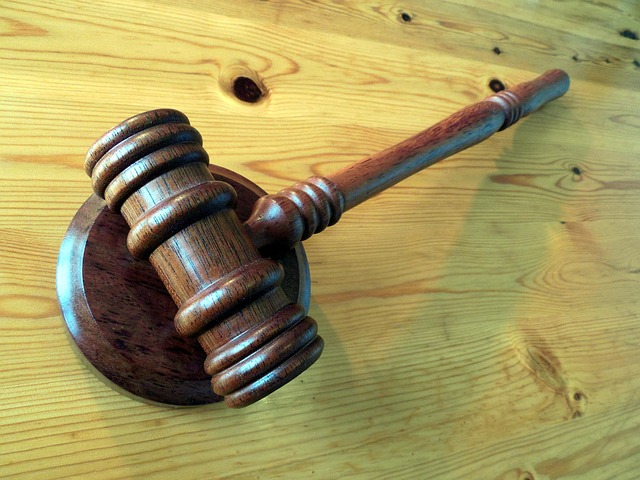Navigating plea bargains in felony cases is a strategic process where defendants trade reduced charges or sentences for avoiding indictment. Prosecutors negotiate with defense attorneys to manage court dockets and balance victim, societal, and defendant interests. Experienced criminal defense lawyers guide clients through waiving constitutional rights, ensuring informed decisions based on short- and long-term implications of plea bargain terms. Effective negotiation is crucial for striking fair deals, impacting crime statistics and public perception of justice.
In the intricate landscape of criminal law enforcement, navigating plea bargains in felony cases is a delicate dance. This article delves into the critical aspects of this process, beginning with understanding plea bargain agreements and their mechanisms. It explores the role of prosecutors in negotiations, ensuring fairness while examining defendant’s rights during the pleading process. Furthermore, it analyzes the impact and challenges of these agreements, providing insights into their significance within the criminal justice system.
- Understanding Plea Bargain Agreements
- The Role of Prosecutors in Negotiations
- Defendant's Rights During Pleading Process
- Impact and Challenges of Plea Bargains
Understanding Plea Bargain Agreements

Navigating Plea bargains in felony cases is a critical aspect of the criminal justice system. These agreements, reached between defendants and prosecutors, allow for a resolution without going to trial. Defendants may accept responsibility for a lesser charge or agree to a specific sentence in exchange for avoiding indictment and all its potential consequences.
The process involves careful consideration at every stage of the investigative and enforcement process. A general criminal defense strategy can be tailored to include plea bargain negotiations, aiming to protect the defendant’s rights while seeking the best possible outcome. This often requires strategic decision-making and a deep understanding of both the law and the specific case details.
The Role of Prosecutors in Negotiations

Prosecutors play a pivotal role in navigating plea bargains, especially in felony cases. They are responsible for negotiating with defendants’ attorneys to reach agreements that can lead to reduced charges or lighter sentences. This process is crucial in managing the court’s docket and ensuring efficient justice. By engaging in these negotiations, prosecutors aim to balance the interests of victims, society at large, and the accused individual.
In the context of white-collar and economic crimes, prosecutors may offer plea agreements as a way to avoid lengthy trials and potential indictments. These strategies can be particularly beneficial for defendants facing severe consequences. Effective negotiation skills are essential for both parties to reach mutually agreeable terms, ensuring fairness while addressing the complexities of legal proceedings.
Defendant's Rights During Pleading Process

During the pleading process in criminal law enforcement, especially in felony cases, understanding one’s rights is paramount for any defendant. Navigating plea bargains is a crucial aspect of this phase, where defendants have the right to accept or reject a plea agreement offered by the prosecution. This decision significantly impacts their future, so it’s essential to be fully informed. If a defendant pleads guilty, they waive several constitutional rights, including the right to a trial and the privilege against self-incrimination. Therefore, consulting with a skilled general criminal defense attorney is vital for corporate and individual clients alike, ensuring their rights are protected throughout this critical process.
Avoiding indictment is often a primary concern for defendants, leading them to consider plea bargains as a strategy. This process allows for potential reduced charges or sentencing, but it’s not without risks. Defendants must carefully evaluate the terms of any agreement, considering both short-term and long-term implications. A qualified defense attorney can help clients make informed choices, ensuring they understand all options available to them in their specific legal situation.
Impact and Challenges of Plea Bargains

Navigating plea bargains in felony cases presents unique challenges for criminal law enforcement. While these agreements offer a path to resolution, they can also impact the integrity of the justice system if not handled carefully. The primary goal is often to achieve an unprecedented track record of successful convictions while ensuring that the rights of the accused are protected. This delicate balance requires meticulous consideration at every stage of the investigative and enforcement process.
One significant challenge lies in striking a fair deal, especially when dealing with complex felony charges. Law enforcement must weigh the strength of their case against the potential benefits of a plea bargain, such as a reduced sentence or complete dismissal of all charges. Effective communication and negotiation skills are crucial to managing expectations and ensuring that the agreement stands up to scrutiny. Moreover, the impact of plea bargains extends beyond the individual defendant, influencing overall crime statistics and public perception of justice.
Navigating plea bargains in felony cases requires a delicate balance between ensuring justice and managing the complexities of criminal law enforcement. Understanding these agreements, the role of prosecutors, and defendant’s rights is paramount for all involved. While plea bargains offer benefits like reduced sentences and swift resolution, they also present challenges, underscoring the need for transparency and fair negotiation practices. By recognizing both advantages and drawbacks, legal professionals can better serve their clients and contribute to a more effective criminal justice system.






